
Chemicals in Hair Care Products that Black Women Should Avoid

Many mainstream hair care products contain harmful chemicals that can have adverse effects on the health and integrity of your hair. It's essential to be mindful of these chemicals to protect the health and vitality of your hair. By avoiding certain ingredients like SLS/SLES, parabens, formaldehyde-releasing preservatives, mineral oil, petroleum jelly, artificial fragrances, phthalates, and alcohol you can reduce the risk of dryness, scalp irritation, allergies, and long-term health implications. Let’s delve into the characteristics of some of the chemicals commonly found in hair care products that you should avoid.
- Sodium Lauryl Sulfate (SLS) and Sodium Laureth Sulfate (SLES)
SLS and SLES are commonly used as foaming agents and surfactants in many hair care products, including shampoos and cleansers. While they effectively remove dirt and oil, they can strip the hair of its natural oils, leaving it dry, brittle, and prone to breakage. For Black women, who often have naturally dry hair, it is crucial to avoid products containing these sulfates and opt for sulfate-free alternatives.
- Parabens
Parabens are a group of preservatives commonly used in hair care products to prolong shelf life and prevent the growth of bacteria and fungi. However, studies have raised concerns about their potential link to hormonal imbalances and their ability to mimic estrogen in the body. Steer clear of products containing parabens and look for natural preservatives like rosemary extract, vitamin E, or grapefruit seed extract.
- Formaldehyde
Formaldehyde and formaldehyde-releasing preservatives (such as DMDM hydantoin and imidazolidinyl urea) are often found in hair straightening treatments, keratin treatments, and some shampoos. These chemicals release formaldehyde gas, which is a known carcinogen and can cause scalp irritation, hair loss, and allergic reactions. Be cautious when considering chemical straightening treatments and opt for safer alternatives like heat-free styling methods or embracing natural hair textures.
- Mineral Oil and Petroleum Jelly
Mineral oil and petroleum jelly are cheap by-products of the petroleum industry that are often found in hair moisturizers, scalp treatments, and greases. While they provide temporary moisture and shine, they create a barrier on the hair and scalp, preventing moisture from penetrating and potentially leading to dryness and product build-up. Look for natural oils like shea butter, coconut oil, jojoba oil, or argan oil as healthier alternatives to lock in moisture.
- Fragrances
While pleasant scents are often associated with hair care products, artificial fragrances can contain a cocktail of chemicals that may cause scalp irritation, allergies, and respiratory problems. Look for products with natural or essential oil-based fragrances or choose fragrance-free options to minimize potential reactions.
- Phthalates
Phthalates are a group of chemicals used to enhance fragrance, product flexibility and durability, as well as improve product texture. However, they have been linked to hormone disruption, reproductive issues, and allergic reactions. Since hair care products often contain synthetic fragrances, it's important to choose products labelled "phthalate-free" or opt for fragrance-free alternatives.
- Alcohol
Alcohol is a common ingredient found in many hair care products; however, some hair care products contain high levels of alcohol, which can dry out the hair and scalp, causing breakage and hair loss. The drying nature of alcohol can disrupt the scalp's natural moisture balance, leading to itchiness, flakiness, and inflammation. Some alcohols, such as ethanol and SD alcohol, are known to disrupt the natural pattern of curls, causing them to become frizzy, undefined, or limp. Certain types of alcohol, such as fatty alcohols like cetyl alcohol or stearyl alcohol, have emollient properties that can help condition and soften the hair. However, when used excessively or combined with other heavy ingredients, these alcohols can contribute to product build-up on the hair and scalp. Regular clarifying or cleansing routines can help mitigate the effects of product build-up caused by alcohol-based ingredients. Look for alcohol alternatives that can be used in hair care products, such as natural plant extracts and oils, which offer moisturizing and nourishing properties; or products labelled alcohol-free to minimize potential negative effects.
Your healthy hair journey should embrace nourishing and gentle products. Prioritise products that are specifically formulated for your hair type, enriched with natural ingredients, and labelled as free from harmful chemicals.


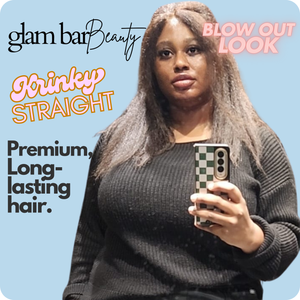
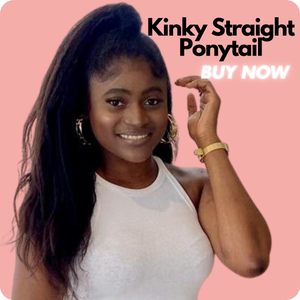
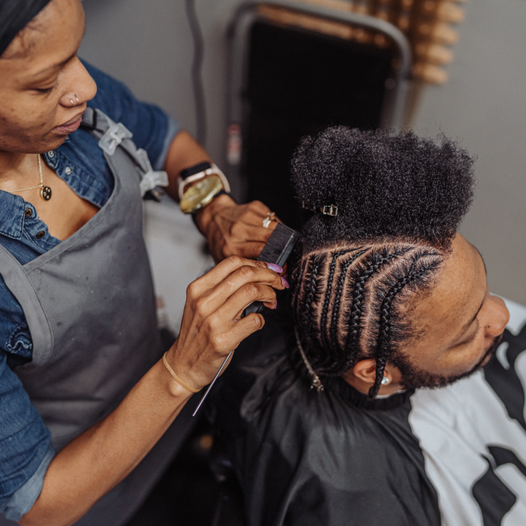
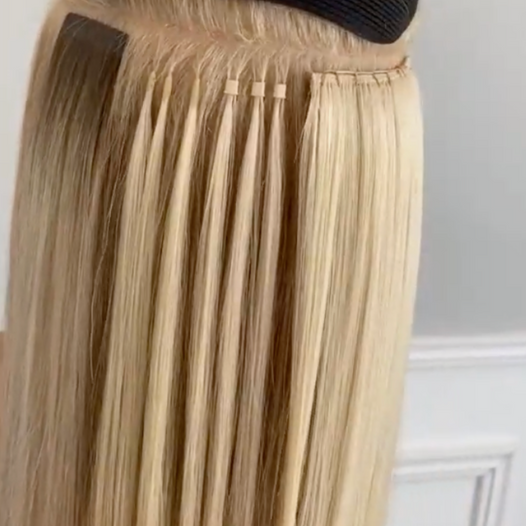
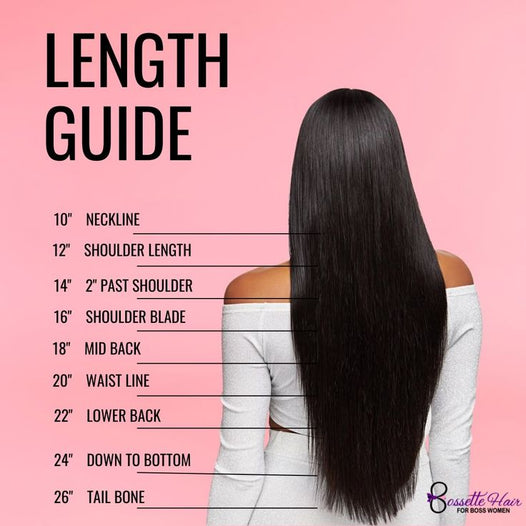
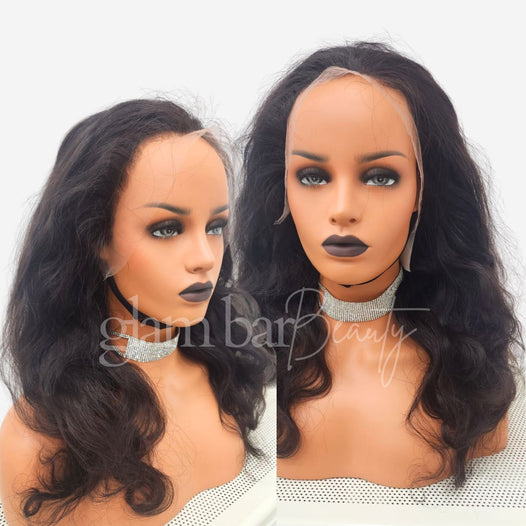
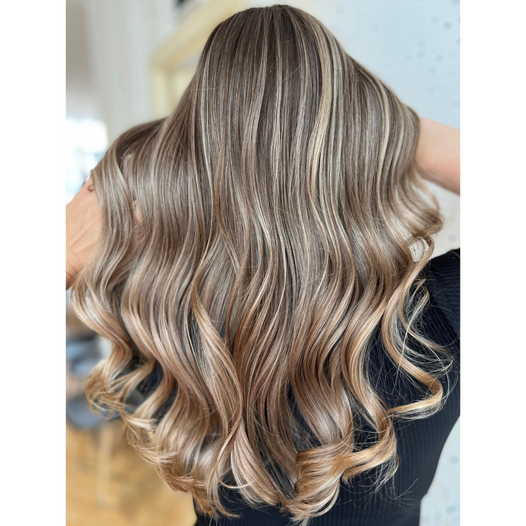
Leave a comment